Washington, MINA — Turkey faces removal from the U.S.-led F-35 Joint Strike Fighter (JSF) Program if it continues its purchase of S-400 air defense systems from Russia, according to a Pentagon report obtained by Anadolu Agency.
The report was sent to Congress earlier this month as a part of an amendment to the National Defense Authorization Act (NDAA), which prohibits F-35 sales to Turkey until the Pentagon issued a report on Turkish-American relations within 90 days.
It includes an assessment of Turkey’s participation in the program as well as the risks posed by Ankara’s purchase of the S-400 missile defense system.
Also Read: Spain Sees Mass Solidarity Protests for Palestine in Over 40 Cities
The Pentagon outlined Turkey’s “unique geostrategic position” in the middle of Europe, Russia and the Middle East. In addition, Ankara is a productive military partner and recognized its efforts to defeat Daesh terrorist forces in the region.
“Turkey is a critical NATO ally, possessing the second largest military in NATO, as well as the willingness to use that military to advance NATO’s interests,” the report said.
The report highlights Turkey’s commitment to reach 2 percent of GDP in defense spending by 2024, a demand U.S. President Donald Trump stressed to NATO allies.
The Pentagon, however, said it “will reassess Turkey’s continued participation as one of eight partner nations should they continue with their purchase of the S-400.”
Also Read: EU Commissioner Says Israel Blocked Her Entry to Gaza During Egypt Visit
Turkey announced it concluded an agreement with Russia to get the first delivery of S-400 systems by July 2019, in an effort to fulfill its defense requirements.
“The U.S. Government has made clear to the Turkish Government that purchasing the S-400 would have unavoidable negative consequences for U.S.-Turkey bilateral relations, as well as Turkey’s role in NATO,” the report said.
Among the potential consequences are sanctions and risks to other future U.S. arms transfers to Turkey.
The Pentagon outlined an alternative to the Russian missile systems, however, saying the U.S. could provide Turkey with defense systems that meets all of the country’s requirements if it were to stop its purchase of the S-400.
Also Read: Thousands Rally in Paris on International Day of Solidarity with Palestinians
Turkey first joined the JSF Program in 2002, when it has invested more than $1.25 billion, and also “manufactures various aircraft parts for all F-35 variants and customers.”
Ankara is planning to purchase 100 F-35 fighter jets, pending congressional approval. Thirty fighter jets have already been approved for purchase.
In June, Turkey took delivery of its first F-35 fighter jet at a ceremony in Forth Worth, Texas. In July, the Pentagon said Turkish pilots and maintenance personnel were being trained on the F-35 fighter jet in the state of Arizona.
“Despite bilateral tensions, Turkey remains a productive military partner in many areas, particularly for basing and access, as well as a key contributor to NATO missions,” the report said.
Also Read: Global Movement to Gaza to Hold Coordinated Rallies in 13 Cities on International Day of Solidarity





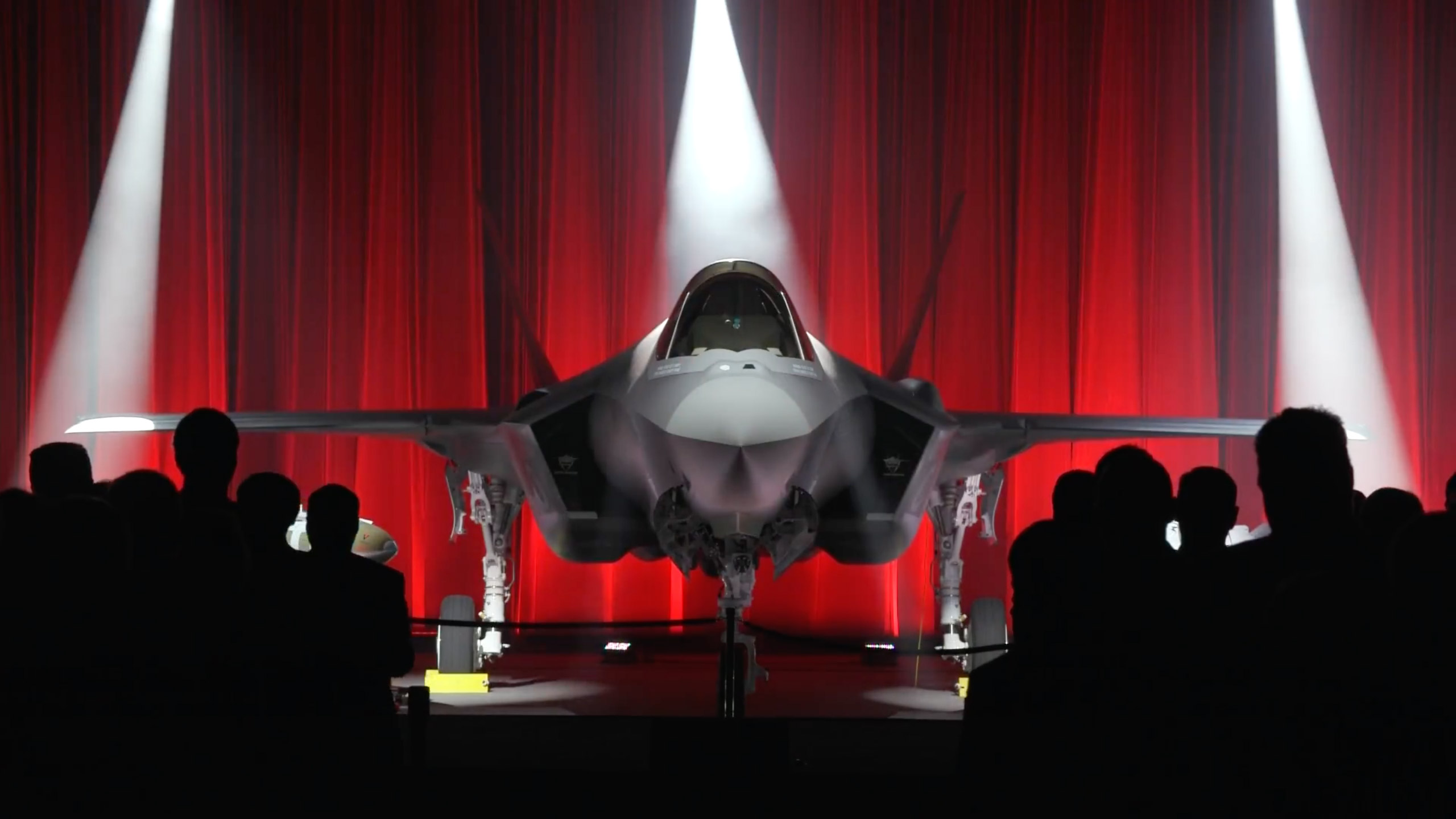


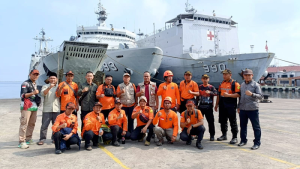
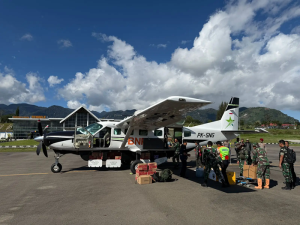




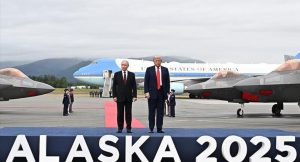


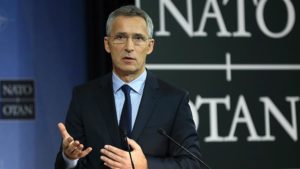
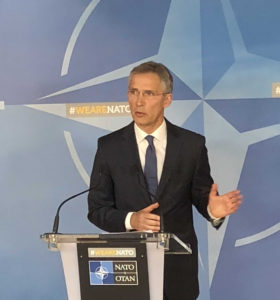
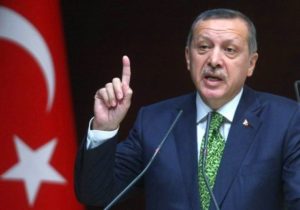












 Mina Indonesia
Mina Indonesia Mina Arabic
Mina Arabic